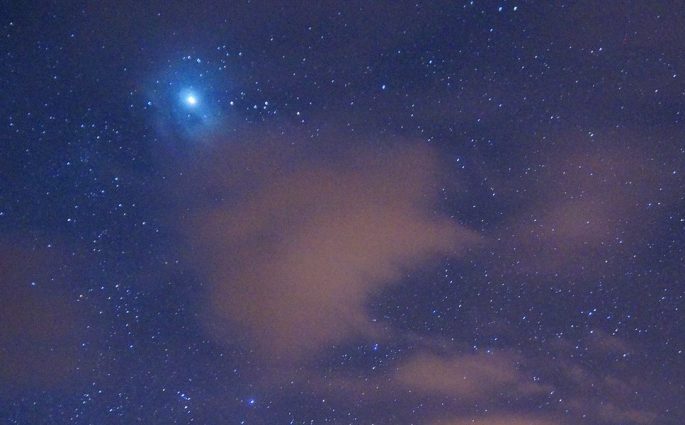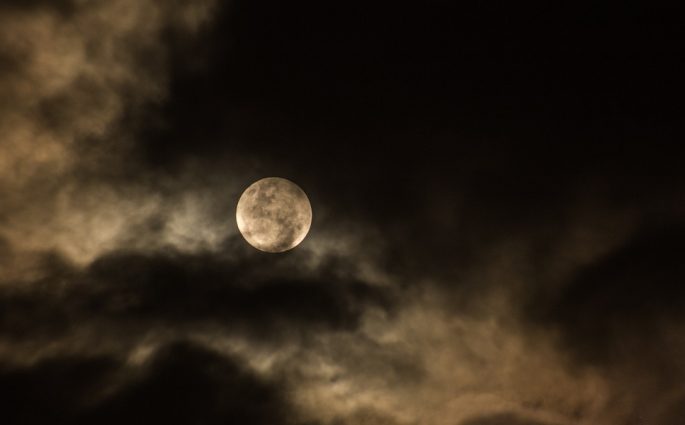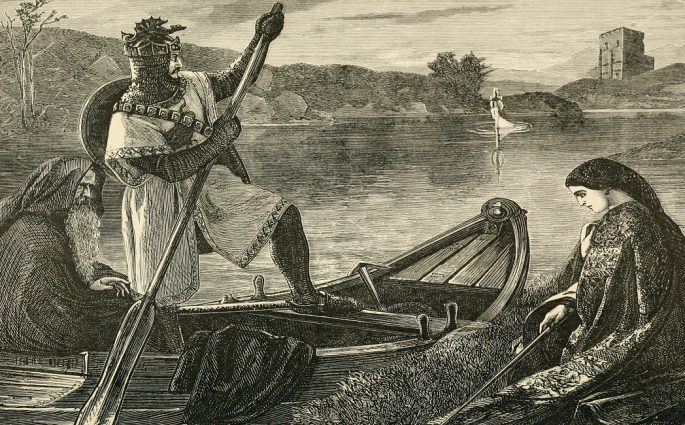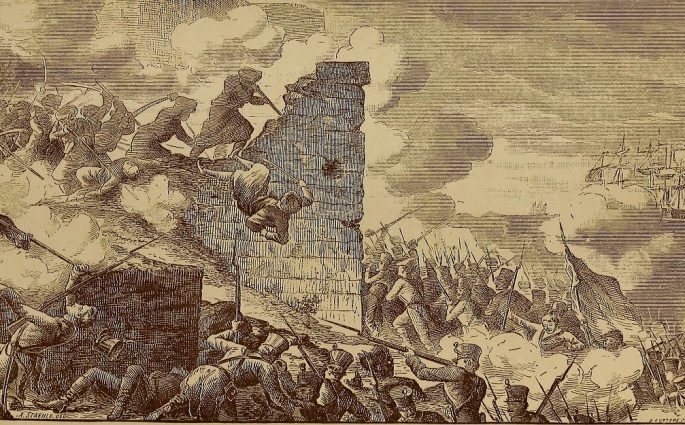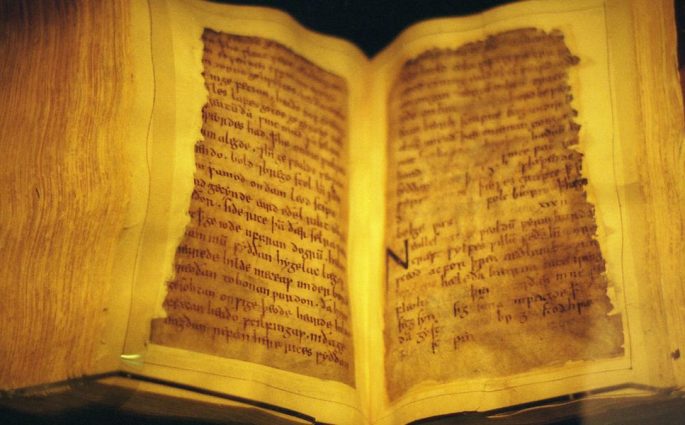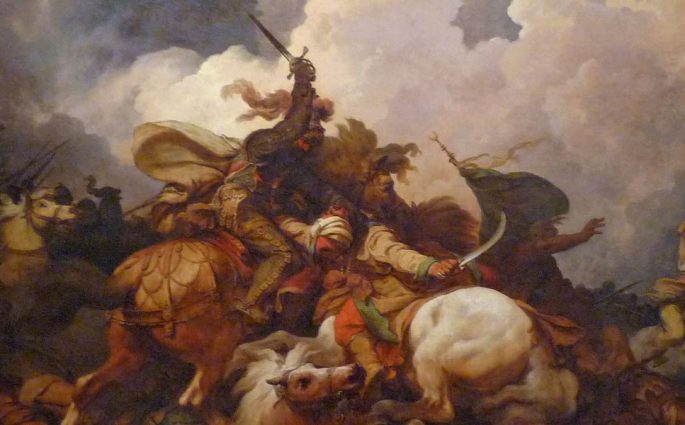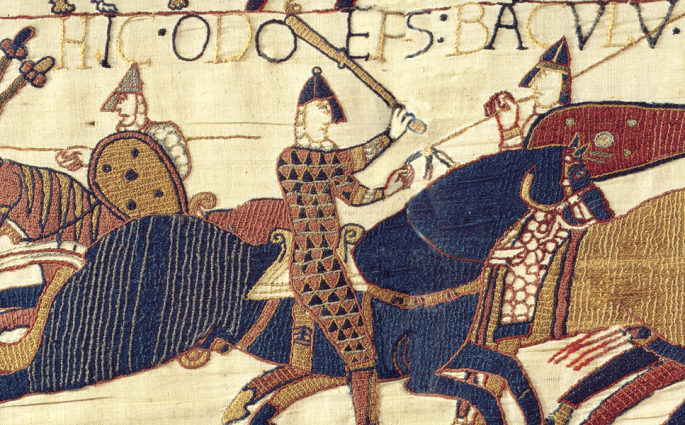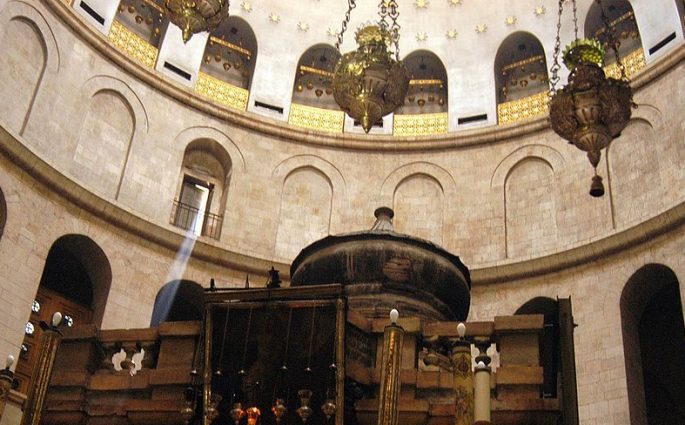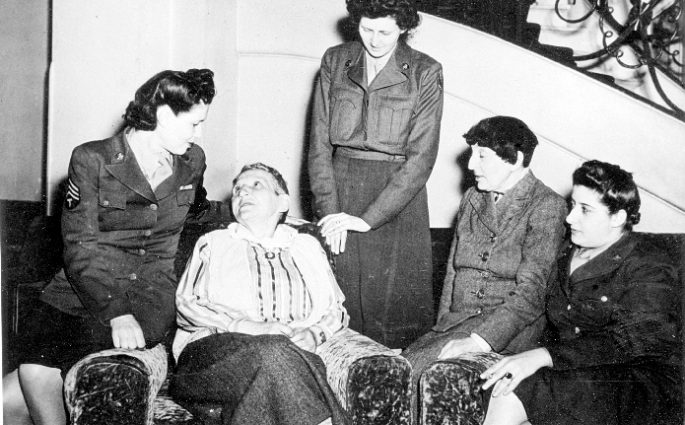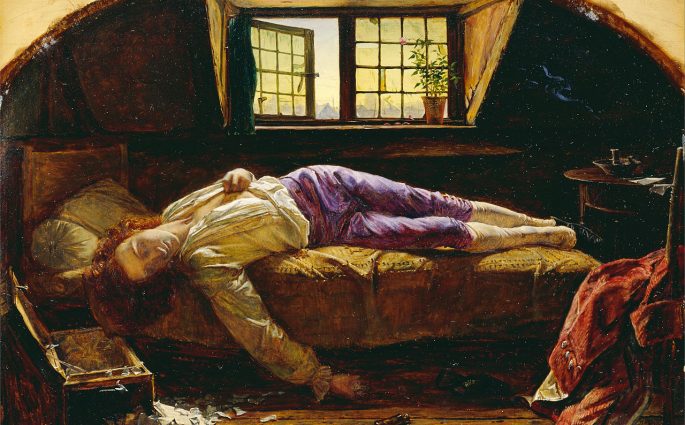Dante’s Pioneering Poetry and Science
Tracy Daugherty— “At some deep level, poetry and physics are similar endeavors,” writes Mark A. Peterson, a mathematician and science historian. Both the poet and the scientist use the tools of their craft—words, numbers—to discover core truths about the nature and shape of the universe and humanity’s place in it.

